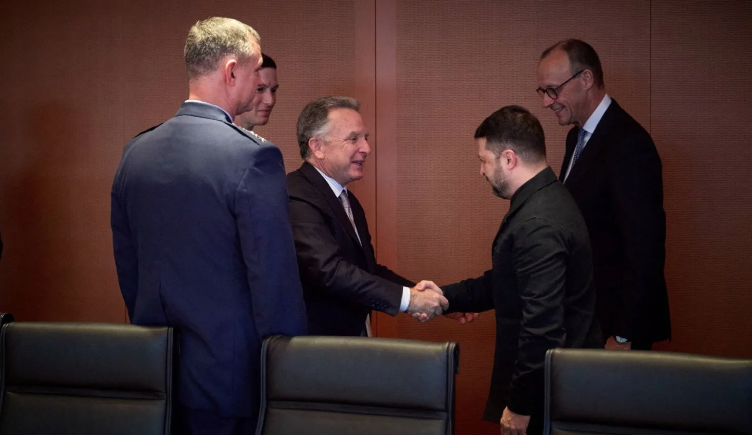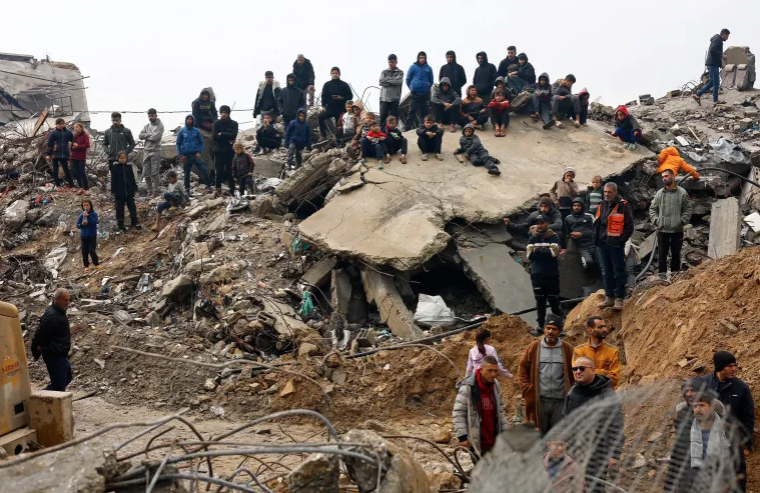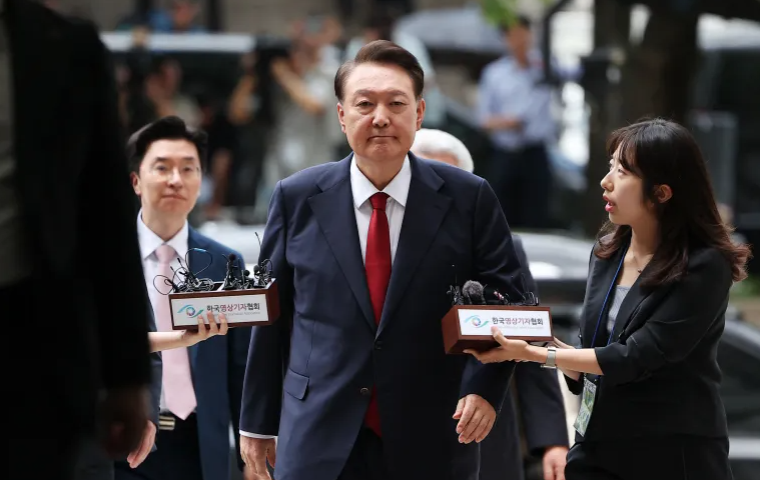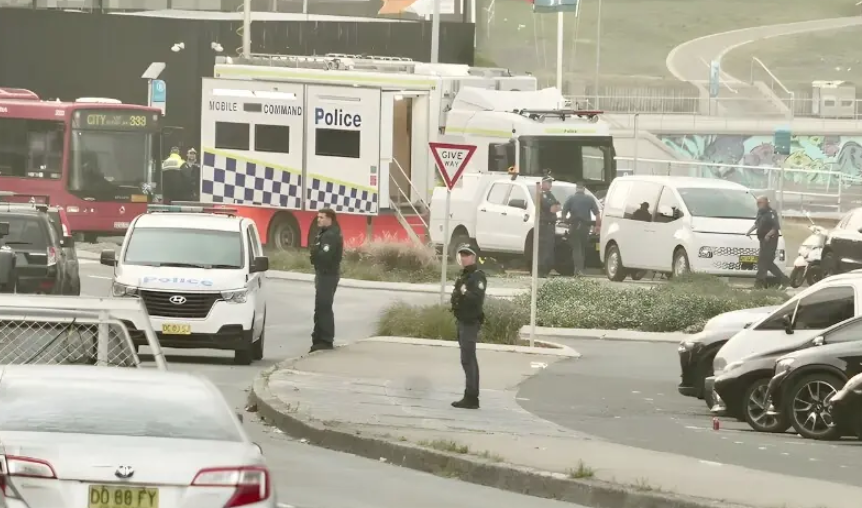WORLD NEWS

China’s Defence Minister Dong Jun notably skipped the Shangri-La Dialogue, Asia’s premier security forum held in Singapore, marking the first time since 2019 that Beijing did not send its top defence official. Instead, China dispatched lower-ranking delegates, a decision that has drawn significant attention given the heightened tensions between the world’s two largest powers, China and the United States.
Dong’s absence meant no direct face-to-face meeting with US Defence Secretary Pete Hegseth, who used the platform to issue stark warnings about China’s military ambitions. Hegseth described China as “credibly preparing to potentially use military force to alter the balance of power in the Indo-Pacific,” citing frequent military drills around Taiwan and aggressive moves in the South China Sea.
Hegseth urged Asian countries to increase their defence spending in response to China’s assertiveness, drawing parallels with Germany’s recent commitment to allocate 5% of GDP to defence. He reassured regional allies of continued US commitment to Indo-Pacific security despite recent strains due to trade tensions.
However, some analysts downplayed the immediacy of the threat. Dylan Loh, assistant professor at Singapore’s Nanyang Technological University, noted that most regional countries do not view China as an imminent military threat and are unlikely to ramp up defence spending substantially.
China has remained silent on the reasons behind Dong’s absence, fueling speculation. Experts suggest the timing amid a tariff war with the US and delicate diplomatic relations might have discouraged sending a high-profile official who could face challenging questions, especially on sensitive issues such as Taiwan and the South China Sea.
Dong Jun, appointed in late 2023, has faced rumours of investigations linked to corruption within the Chinese military, although Beijing has denied these claims. The ongoing restructuring within China’s military leadership, including the disappearance of senior generals from public events, may have also influenced the decision.
Despite Dong’s absence, Chinese military spokesperson Senior Colonel Zhang Xiaogang emphasized that communication channels remain open between Beijing and Washington.
The Shangri-La Dialogue continues to be a crucial venue for regional security dialogue, and China’s decision not to send its defence minister this year highlights the complex backdrop of US-China relations and internal Chinese military dynamics.




